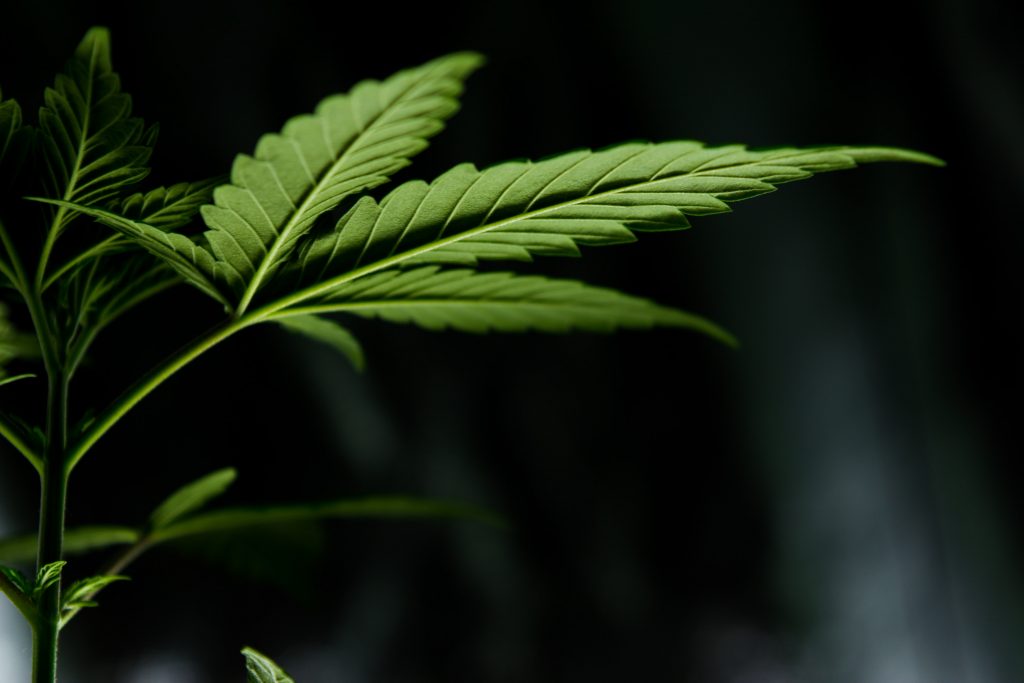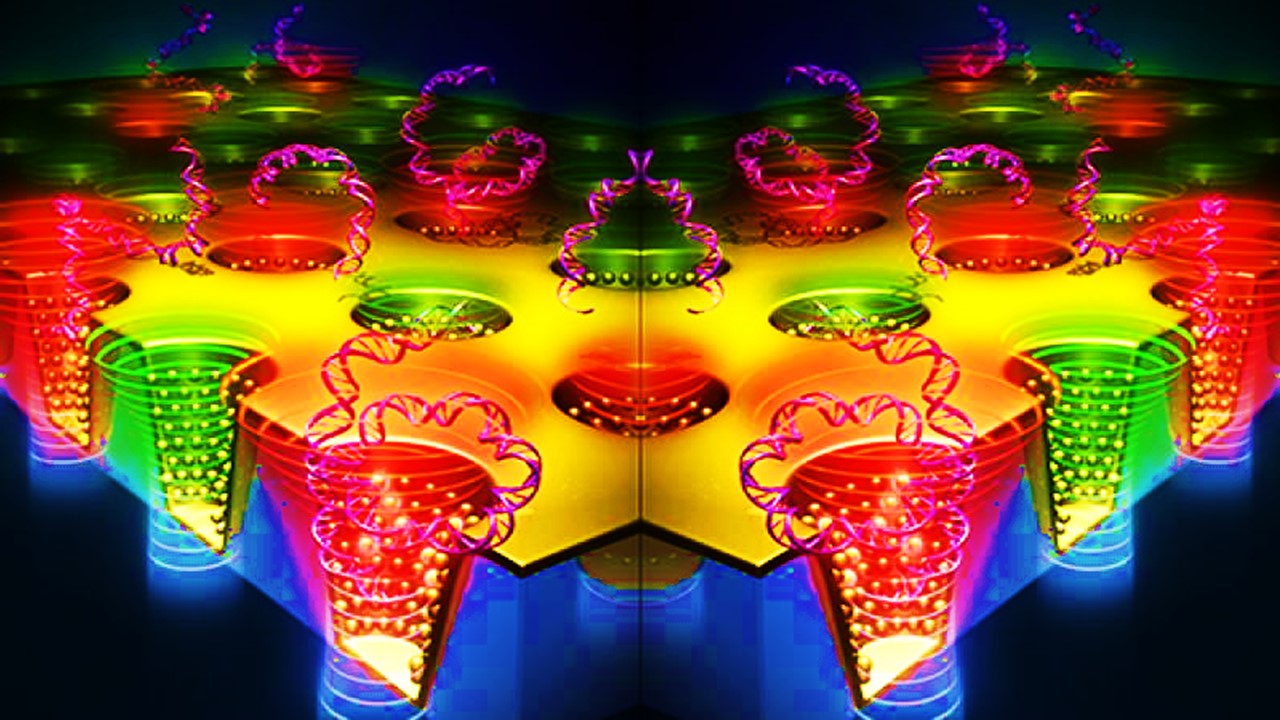
Cannabis-derived products are becoming increasingly prevalent in the high-street, but the number of US FDA-approved CBD drugs is less than five. Despite an increasing number of preclinical studies, the molecular mechanisms underlying the action of CBD in the brain are yet to be fully understood. As a result, very few studies have progressed through to human clinical trials and passed the strict regulatory process of the FDA.
Introduction
It is important to clarify the difference between marijuana, CBD (cannabidiol) and THC (tetrahydrocannabinol). Marijuana is a mind-altering substance derived from the dried flowers and leaves of the cannabis plant. It is one of the most widely used drugs in the world, and is typically used recreationally to relax. Cannabis is only legal in some US states and a small number of countries including Canada and Georgia.
THC is the principal psychoactive substance of cannabis and results in the ‘high’ which users desire. CBD is an oil extracted from the cannabis plant, and while it is the second most prevalent of the active ingredients in the plant, it does not induce psychoactive effects.
The biological effects of cannabis arise when the active compounds bind to endocannabinoid receptors in the brain – a significant number of these receptors are present in the limbic and mesolimbic regions of the brain. These areas are involved in mood regulation, emotional perception, and fear.
The result of this receptor-binding induces a number of effects which are deemed desirable by users, and include euphoria, impaired concentration and a significant reduction in stress.
CBD is a well-known substance which has been investigated for a number of years as a therapeutic alternative for a range of diseases. Preliminary evidence suggests that CBD may improve pain, sleep disturbances and alleviate anxiety symptoms in social phobia. In addition, there are a number of case reports supporting the use of medical marijuana for many neurological disorders, such as the reduction of seizure frequency in two epilepsy syndromes associated with autistic symptoms.
Unfortunately, the use of medical marijuana has been difficult to implement for a number of reasons, including the fact that the action of CBD in the brain is extremely complex. Another significant hurdle is the authorisation for clinical studies and the regulatory challenges imposed by agencies like the FDA.
FDA Regulatory Process
Clinical trials conducted on medicinal cannabis do occur, but are limited. The US FDA has yet to approve the use of cannabis as a treatment for any medical condition, although the isolated compounds THC and CBD are licensed and approved.
In order to conduct clinical research with botanical cannabis in the US, an organisation must file an Investigational New Drug application with the FDA, obtain a Schedule I license from the U.S. Drug Enforcement Administration, and obtain approval from the National Institute on Drug Abuse.
To date, the FDA has not approved a marketing application for cannabis for the treatment of any disease or condition. However, the agency has approved one cannabis-derived and three cannabis-related drug products.
Epidiolex is an example of an FDA-approved product which contains a purified form of CBD for the treatment of seizures associated with Lennox-Gastaut syndrome or Dravet syndrome (in patients 1+ yrs old). The FDA has also approved Marionol and Syndros for therapeutic use in the US only, including for the treatment of anorexia associated with weight loss in AIDS patients.
The FDA has not approved any other products containing cannabis or cannabis-derived compounds for medical uses. It is worth noting however, that the FDA does not object to the clinical investigation of cannabis for medical use. According to the official site, the agency supports the conduct of that research:
• Providing information on the process needed to conduct clinical research using cannabis.
• Providing information on the specific requirements needed to develop a drug that is derived from a plant such as cannabis. In December 2016, the FDA updated its Guidance for Industry: Botanical Drug Development, which provides sponsors with guidance on submitting IND applications for botanical drug products.
• Providing specific support for investigators interested in conducting clinical research using cannabis and its constituents as a part of the IND process through meetings and regular interactions throughout the drug development process.
• Providing general support to investigators to help them understand and follow the procedures to conduct clinical research through the FDA Center for Drug Evaluation and Research’s Small Business and Industry Assistance group.
Therefore, it can be suggested that the reason as to why very few cannabis-derived products have been approved by the FDA, is the limited availability of clinical data supporting drug efficacy and safety. The regulatory agency itself supports this statement, emphasising that “.. it (FDA) believes that scientifically valid research conducted under an IND application is the best way to determine what patients could benefit from the use of drugs derived from cannabis”.
The latest advancements: Preclinical research
Oncology is one of the many therapeutic areas investigating the safety and efficacy of cannabis-derived products. According to a Nature publication, CBD has a number of potential benefits for cancer treatment, including the extensive inhibition of tumour growth and metastasis in various models of the disease.
However, the mechanism of action underlying the anti-cancer effect of CBD is not fully understood. Therefore, the pharmaceutical industry has seen a rise in the number of preclinical studies investigating the molecular mechanisms of CBD in cancer models.
A recent study highlighted a potential use of CBD in cancer treatment, and found that CBD has anti-cancer potential as a cytotoxic drug for human head and neck squamous cell carcinoma
(HNSCC). The combination of CBD with chemotherapeutic drugs may inhibit cancer cell growth significantly more than treatment with monotherapy.
While the underlying mechanism of this therapeutic action is not fully understood, studies like this show the potential of cannabis-derived products for complex diseases like cancer. With more preclinical investigations, the more researchers may be able to understand the molecular interactions of CBD in the brain, and maybe, progress further into human clinical research.
Charlotte Di Salvo, Lead Medical Writer
PharmaFeatures
Subscribe
to get our
LATEST NEWS
Related Posts

Molecular Biology & Biotechnology
Myosin’s Molecular Toggle: How Dimerization of the Globular Tail Domain Controls the Motor Function of Myo5a
Myo5a exists in either an inhibited, triangulated rest or an extended, motile activation, each conformation dictated by the interplay between the GTD and its surroundings.

Drug Discovery Biology
Unlocking GPCR Mysteries: How Surface Plasmon Resonance Fragment Screening Revolutionizes Drug Discovery for Membrane Proteins
Surface plasmon resonance has emerged as a cornerstone of fragment-based drug discovery, particularly for GPCRs.
Read More Articles
Designing Better Sugar Stoppers: Engineering Selective α-Glucosidase Inhibitors via Fragment-Based Dynamic Chemistry
One of the most pressing challenges in anti-diabetic therapy is reducing the unpleasant and often debilitating gastrointestinal side effects that accompany α-amylase inhibition.













